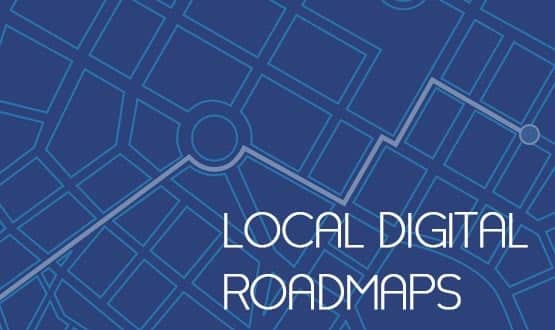NHS England has received 89 ‘footprints’ from local healthcare economies working to develop roadmaps for the future of their digital health services.
The footprints list the health and social care organisations involved in creating and implementing local digital roadmaps, which provide a framework for how different areas intend to create a joined-up, paperless health and care service by 2020.
These roadmaps, which are led by clinical commissioning groups, are due to be submitted by April 2016, while the footprints were due to be completed by the end of October this year.
Speaking at last week’s 'Sustainable healthcare – turning concepts into reality for individuals and the NHS' conference in London, NHS England’s director of digital technology Beverley Bryant said that NHS England had received a total of 89 footprints, of which 42 are from individual CCGs and 47 are from groups of multiple CCGs.
The largest group is Greater Manchester, which contains 12 CCGs. This region is in the middle of devolving its health and social care services.
Bryant said the fact that all the CCGs had submitted the footprints in time is a signal that the NHS is “starting to really wake up to the fact we need to do this now”.
She added that it had helped with the Department of Health’s negotiation with the Treasury ahead of the recent spending review, where it was announced that £1 billion would be invested in NHS technology over the next five years.
“This has helped to convince everyone that the time is now to get on with it,” said Bryant.
The roadmaps are part of a wider focus on joining up health and social care, which Bryant said was one of two main jobs, alongside greater patient empowerment, for NHS England to drive the adoption of technology for a sustainable healthcare system
“We are going to make this a priority,” said Bryant. “There is no point putting technology in the hands of patients if when they go to A&E they are asked five times what their name and address is.”
The roadmap approach gives local organisations the chance to choose an approach that suits them, said Bryant, although she added the centre would encourage the use of systems that are open and interoperable so that information can be shared more easily.
“Otherwise you will have to keep paying and paying every time you want to transfer information.”
Another goal for NHS England is to “open up the market” in primary care, where there are just four main suppliers.
Bryant said: “They are very successful, and we really like then, but there is a huge landscape of innovation out there. Small businesses and clinician-based start-ups that can actually spread this much wider.”
To support this NHS England is working on giving open API access to a select number of companies to integrate with the existing GP systems. Bryant said that there are around 50 suppliers “in the pipeline” but this will be reduced to around 20 by March once the programme goes ahead.

